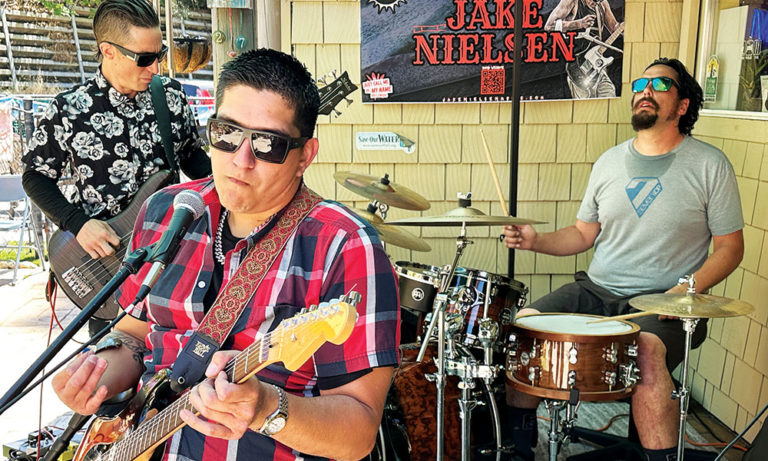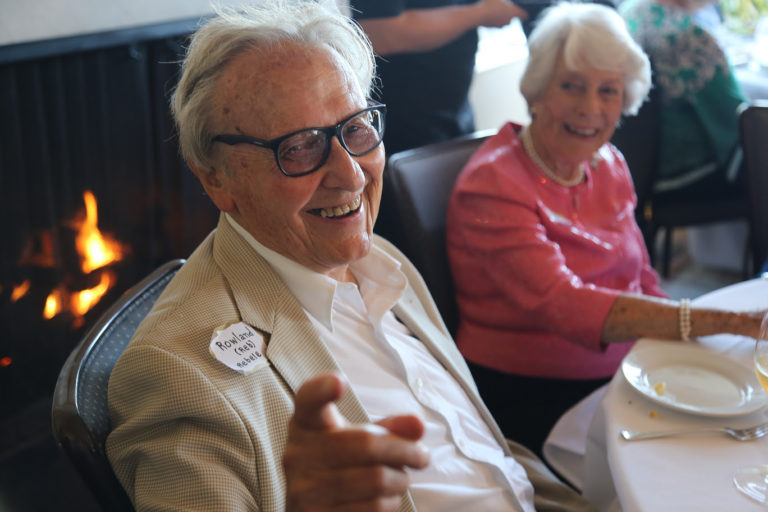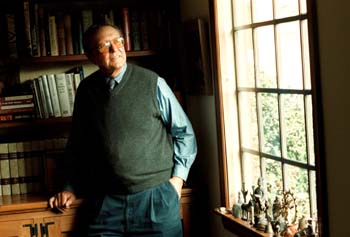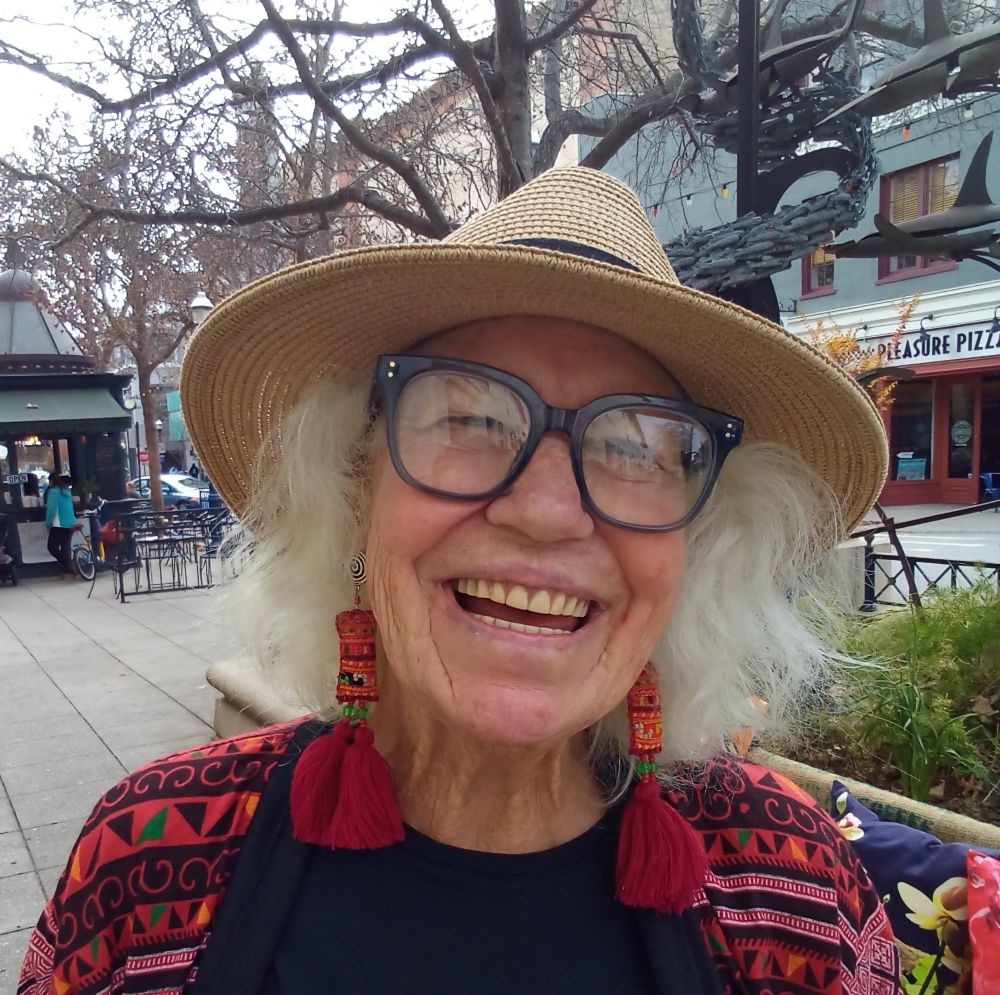STRUMMING ALONG Catch Jake Nielsen on Fourth of July at Junction Park in Boulder Creek. PHOTO: Tarmo Hannula
What do you do when you’re a young rodeo rider, your whole family is known for professional rodeo, and a baby bull steps on your face?
For Aptos musician Jake Nielsen, then 9 years old, it was a pivotal moment in his musical journey.
“I actually got my face stepped on. A hoof cut my eyelid,” Nielsen says. “After that my parents were like, ‘No.’” Instead, Nielsen’s uncle Jayme Acevedo bought the teenager his first guitar, an Ibanez.
A few years later, after seeing his son’s dedication, Nielsen’s dad, Jeff, surprised him with a trip to Guitar Center in Gilroy. “I picked a black Fender Telecaster, and it’s my number one guitar that I still play all the time,” Nielsen says.
Fast forward a decade, and Nielsen is performing on stages nationwide. He signed with a new record label and has a jam-packed touring schedule, with a new single, “Baby Let Go,” coming out this summer. But don’t fret, Santa Cruz, because you can still see this Aromas native known for his scorching guitar and blazing riffs at multiple gigs around town.
Early Years
For Nielsen, who was born with cerebral palsy and cannot walk without crutches, playing the guitar came naturally. “I cannot for the life of me play piano, but anything with strings I can play,” he says. “It just always feels natural.”
His progression happened quickly. At 17, Jake was going to Bay Area open pro blues jams in the city with his uncle’s friend, Sal. “It was my first time being on stage in front of a crowd,” he says.
Being underage, “They would only let me in to play,” Nielsen explains. “I would have to wait in the car.” Open mics were nerve-wracking, he adds, but over time he gained experience surrounded by the other musicians: “I soaked it up like a sponge.”
He always had the strongest support and encouragement from family and friends in Aromas.
Testing out of Watsonville High School to pursue music, Nielsen formed the bands Fubar and later Jake Nielsen’s Triple Threat and started to hit local venues—Moe’s Alley, the Sand Bar and the Catalyst, to name a few.
Although Jake Nielsen’s Triple Threat has changed its lineup over the years, Nielsen sees it as part of his evolution as a musician.
“Right now I’m playing with two different drummers and two different bass players this summer,” he says. These include drummer Dennis Dove from the Bay Area and David De Silva, who is also bass player for Archer (another band from Santa Cruz). “One cool thing about being a solo musician is I can pick up good musicians wherever I go, and get to play with a bunch of different people,” Nielsen says. Bass player Brendan Brose (What’s Good and THC) and drummer Christian Walsh complete the band’s extended family.
Nielsen says he enjoys the chance to play with different musicians, like he did recently in New York. Although he’s had a few different drummers, the professionalism of the musicians has for the most part exceeded his expectations. “It’s cool to see that caliber of musicians,” he says. “It pushes my playing.”
On the Records
Nielsen released his first full-length album, Everyday Thing (The Orchard Records), in December 2022. The first single, “40 to Life,” is a high-energy, blues-meets-reggae rhythm, with lyrics inspired by Nielsen’s cousin, who got caught up in gang violence and served out a lengthy prison sentence. It’s a true story.
In addition, he’s come out with two new singles since Everyday Thing dropped. “Baby Let Go” is a “vibey-reggae island” number that’s set for release at the end of summer. Additionally, he recorded “Pick up the Pace” with Adam Patterson, drummer for the Expendables. “We did a bunch of tracks at his home studio in Corralitos. It was rad to sit down with him in the studio, and talk about music and road stories. I’ve grown up being a fan of theirs. … They are super humble dudes.”
“Pick Up the Pace” is now available on Spotify and all streaming music platforms.
Last summer, Nielsen signed to record label Just Call Me By My Name, which is distributed by the Orchard, a branch of Sony Music, based in New York. When we spoke, he had just returned from a live gig and media tour hosted by the label, which brought him to the Scarsdale Music Festival in New York. He was hoping to play a couple little shows beforehand to get ready, but that didn’t happen.
Noting that this was his first show since joining the new label, Nielsen says, “The first show of the summer was a big one.” After the day in New York doing interviews including Associated Press, “it was basically a whole day of answering the same questions over and over,” he says.
For Nielsen, who faces many challenges as a disabled musician, the road to success hasn’t always been smooth. Before he discovered music, he tried his hand at adaptive sports, which were not integrated with able-bodied sports people. “I still find new differences every day,” he says. “I just have to deal with them.”
For example, Nielsen says he doesn’t use a lot of effects in his shows. “My amp has a pedal, and I go from clean to distortion, maybe a little echo and reverb. I can’t really hit the pedals. I’d have to grab a crutch and hit a pedal with it. There’s been times I would miss it [the pedal], too, so I just keep it simple.”
And fortunately, there’s that strong family dynamic: his brother, wife Ashley and their two children are always there if he needs them. “It’s just always been who I was,” he says, addressing the challenges he faces on the road. “I never knew how to walk or run, so it doesn’t really bother me that I can’t do it.”
In fact, Nielsen has turned his disability into an unusual component of his live show. In what the band jokingly calls “the chainsaw massacre,” Nielsen uses his crutch to play slide guitar. “Every time I do it, people flip out,” he says. “One time I didn’t do it and got called out. Nothing about it sounds good, but people love it.”
With each performance as unpredictable as it is inspiring, every show draws on its audience. “It all kind of depends on how my legs are that day,” he says. “A lot of days the energy of the crowd will make me wanna get up…I just can’t sit down.”
Let Jimi Take Over
With an ambitious touring schedule—Denver, San Diego, Lake Tahoe—Nielsen looks forward to a full day of music July 12 at the Hello Inclusion festival at the Bethel Woods Center for the Arts in New York, his second consecutive year of playing at the show. “It’s super rad,” he says. “It’s kind of like Shoreline. They built it on the same grounds as Woodstock ’69.” Yes, that Woodstock, the very same festival grounds where Jimi Hendrix performed his famous guitar exploits all those years ago.
“Hendrix would have loved Jake,” says Ken Trush, co-founder and managing director of New York-based Daniel’s Music Foundation, and Just Call Me By My Name Records. The foundation is a nonprofit supporting musicians with disabilities. “Jake is a star and he’s a great speaker, but even more than that, he just lets his music do the talking,” Trush says. “And then when he lets the crutch fly, everyone goes crazy.”
Co-founded by the Orchard label, the Foundation hosts the Danny Awards, a global video call drawing some 110 musicians of all disabilities. Nielsen joined the top 10 finalists last year in New York and ultimately won the award. He was signed by the label last summer, and won the opportunity to perform at Bethel Woods with the other finalists. He will be featured on the foundation’s second sampler EP, Call Me By My Name Vol. 2, which drops Oct. 18. “This is about moving the needle for our community because we see so much talent,” Trush added. Nielsen also performs alongside this year’s headliners, Jason Mraz and Boston-based band Ripe.
Switching gears from power trio to solo name was inevitable for Nielsen. At least the change in name should make it easier for promoters to spell it out. “The worst one on a marquee was ‘Jack Wilson’s Triple Treat,’” Nielsen says. “I’ve seen it butchered.”
For now, Nielsen is looking forward to whatever the future holds, whether it be forming another band or a solo career—as long as he’s making music. “I’m never going to stop,” he says. “If a couple of us come together, I can see us sticking together for a long time,” he says. “Either way, I’m not stopping. The show must go on.”
Jake Nielsen plays on Fourth of July at noon in Junction Park in Boulder Creek, at 7pm on July 19 at the Midtown Block Party in Santa Cruz, and at 2pm on July 20 at “The Lot” concert series at Pleasure Point. Learn more about upcoming shows and where to find albums and singles at jakenielsenmusic.com.






































